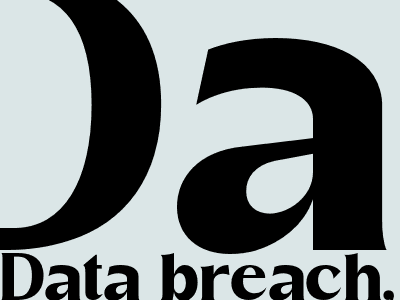
Data Breach: Schufa - What Happened and What You Can Do to Protect Yourself
What is Schufa?
Schufa is a German credit bureau that collects and stores information about consumers' creditworthiness. This information is used by banks and other lenders to decide whether or not to approve loan applications.
What Happened?
On January 14, 2023, it was reported that Schufa had suffered a data breach. The breach exposed the personal data of up to 10 million people, including their names, addresses, dates of birth, and credit scores.
The breach is believed to have occurred through a vulnerability in Schufa's website. Hackers were able to exploit this vulnerability to gain access to Schufa's database.
What You Can Do to Protect Yourself
If you are concerned that your personal data may have been compromised in the Schufa data breach, there are several steps you can take to protect yourself:
- Monitor your credit reports: You can obtain a free copy of your credit report from each of the three major credit bureaus (Equifax, Experian, and TransUnion). Review your credit reports carefully for any unauthorized activity.
- Freeze your credit: You can freeze your credit with each of the three major credit bureaus. This will prevent lenders from accessing your credit report without your express permission.
- Consider identity theft protection: Identity theft protection services can help you monitor your credit and personal information for signs of fraud.
What Schufa Is Doing
Schufa has apologized for the data breach and is taking steps to improve its security measures. The company is also working with law enforcement to investigate the breach.
Schufa has also set up a dedicated website for victims of the data breach. This website provides information about the breach and what victims can do to protect themselves.
Conclusion
The Schufa data breach is a reminder that we all need to be vigilant about protecting our personal information. By following the steps outlined above, you can help to protect yourself from identity theft and other financial fraud.